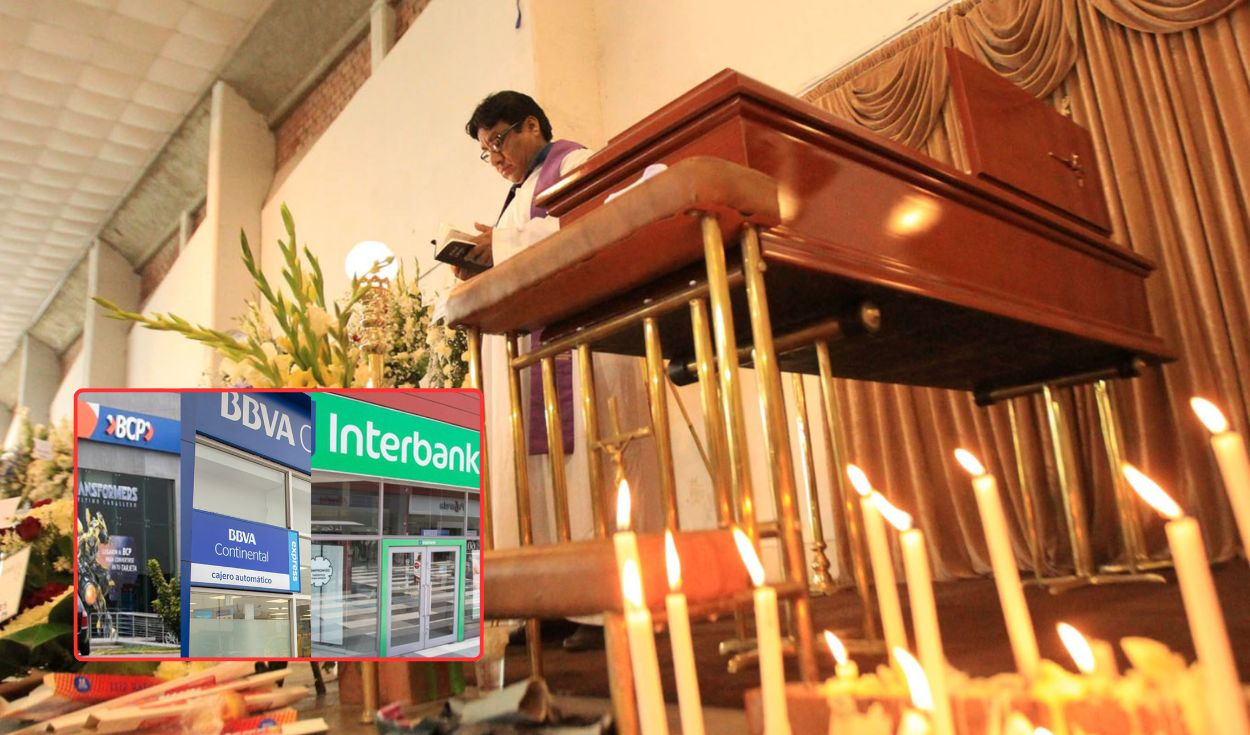
When a loved one dies, in addition to the pain and sadness, There are many legal and financial responsibilities that we must face. Among them, one of the most important is the management of savings and contributions in AFP that the deceased could have left. Understanding how to claim these funds may seem like a daunting task, but it is essential to ensure that resources accumulated over a lifetime are properly distributed among heirs.
In this article, we will guide you through the steps necessary to access the savings of a deceased family member. From the required documents to the specific procedures for different types of accounts and contributions, here you will find the information you need to navigate this process with confidence. The Superintendency of Banking, Insurance and AFP (SBS) regulates these procedures and guarantees that the rights of heirs are respected.
This is how you can know the financial information of a family member who has just died
To find out if a deceased relative had savings accounts or pension funds in the AFPyou can use the service Informed Heirs of the Superintendency of Banking, Insurance and AFP (SBS). This service allows you to find out if the deceased had debts, deposits or insurance, by presenting the death certificate and the declaration of heirs. The S.B.S. provides policy certificates, proof of deposits and reports of debts and pension funds. If you want more information, you can access the following LINK.
Can I collect money from a deceased relative’s savings account virtually?
Yeah, It is possible to collect the savings of a deceased relativeas long as the proper legal procedures. Funds in bank accounts and contributions in AFP They are not lost upon the death of the owner; These are part of the heritage that must be distributed among the legal heirs. In Peru, this process is regulated by the S.B.S.which establishes the rules and requirements for the correct claim of funds.
The first step is to obtain the death certificate of the account holder. This document is essential to start any procedure. Then, the heirs must make a declaration of heirs before a notary or in the learned justice of the peace. This declaration is an official document that identifies the legitimate heirs of the deceased, and allows them to proceed with the claim of the funds.
What documents do I need to collect money from a deceased relative’s bank?
For collect the savings of a deceased relative, a series of specific documents is needed. Besides of death certificate and declaration of heirsother additional documents may be required depending on the bank and the particular situation of the deceased.
The basic documents are the following:
- Death certificate of the account holder.
- Declaration of heirs issued by a notary or judge.
- Identity document of the heirs.
- Will, if it exists, that can facilitate the process of identifying the heirs.
Once all the documents are gathered, the heirs must present a formal request to the bank. Each bank can have additional requirementsso it is advisable to verify directly with the financial institution involved.
If I have siblings, does the money have to be distributed equally?
The distribution of a deceased relative’s savings to heirs depends on current inheritance laws and the deceased’s will, if one exists. In Peruif there is no will, the inheritance is distributed according to the Civil Code. The children, spouse, and, in some cases, parents of the deceased are entitled to a portion of the estate.
If there are several siblings, the law establishes that the inheritance must be divided equally between them. However, this may vary if the will provides a different situation.
If my family member had an AFP account, can I withdraw their entire pension?
According to Superintendency of Banking, Insurance and AFP (SBS), beneficiaries must follow a specific procedure to access these funds. The steps include presenting the death certificate, a declaration of heirs and documents proving the link with the deceased. Once the documentation has been verified, the AFP could release the funds in their entirety to the corresponding heirs, depending on the terms agreed upon with the deceased owner at the time.
Source: Larepublica
Alia is a professional author and journalist, working at 247 news agency. She writes on various topics from economy news to general interest pieces, providing readers with relevant and informative content. With years of experience, she brings a unique perspective and in-depth analysis to her work.











